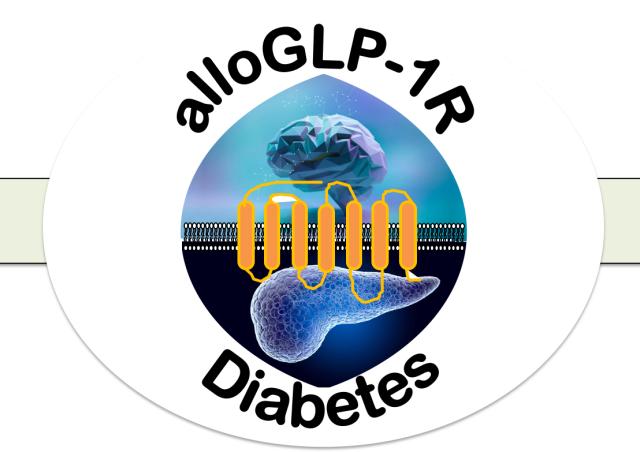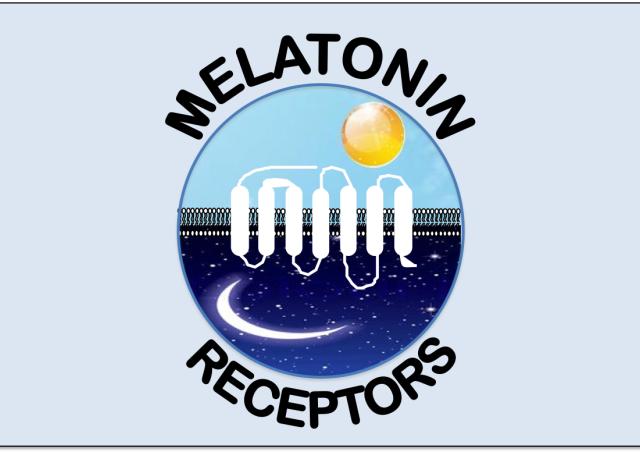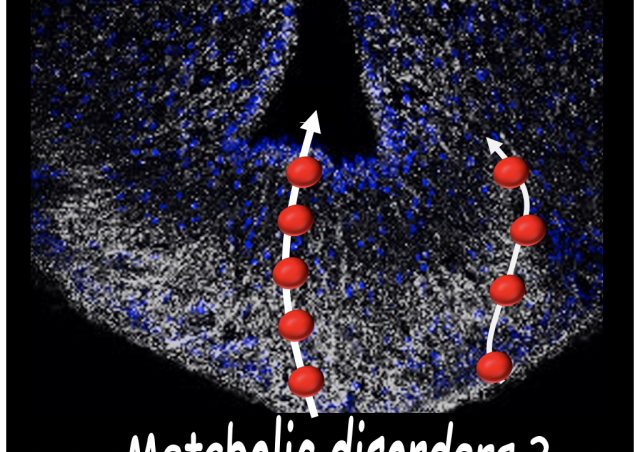Project members
Project
Age-related diseases are one of the biggest challenges for modern societies, as the life expectation increases. This is the case of Alzheimer’s disease (AD), the most common dementia affecting more than 44 million people worldwide. Current medications to treat AD patients focus on alleviating symptoms and improving cognitive function, but are not able to stop or delay disease progression. Emerging evidence indicates that AD is not only characterized by neurological dysfunction but also by metabolic dysfunctions. Recent reports using anti-diabetic drugs to treat AD symptoms in animal models showed promising beneficial effects on reverting cognition deficits. These results raise hope that the improvement of the metabolic dysfunctions in AD patients could be a promising new avenue for AD research.
Our project aims to explore the metabolic component by characterizing the impact of proteins associated with AD (amyloid-beta peptide and tau protein) on the function of membrane receptors linked to metabolic function, such as the insulin and leptin receptors, two key hormones regulating glucose and energy homeostasis of our body. In addition, our project aims also to develop new technological tools, such as biosensors, that could be applied to the development of new diagnostic assays and/or new assays to identify innovative drugs to hamper disease progression.
Collaborators:
Didier Rognan (Laboratoire d'Innovation Thérapeutique, UMR 7200, Strasbourg)
Vincent Prévot (Inserm UMR-S 1172, Lille)

















